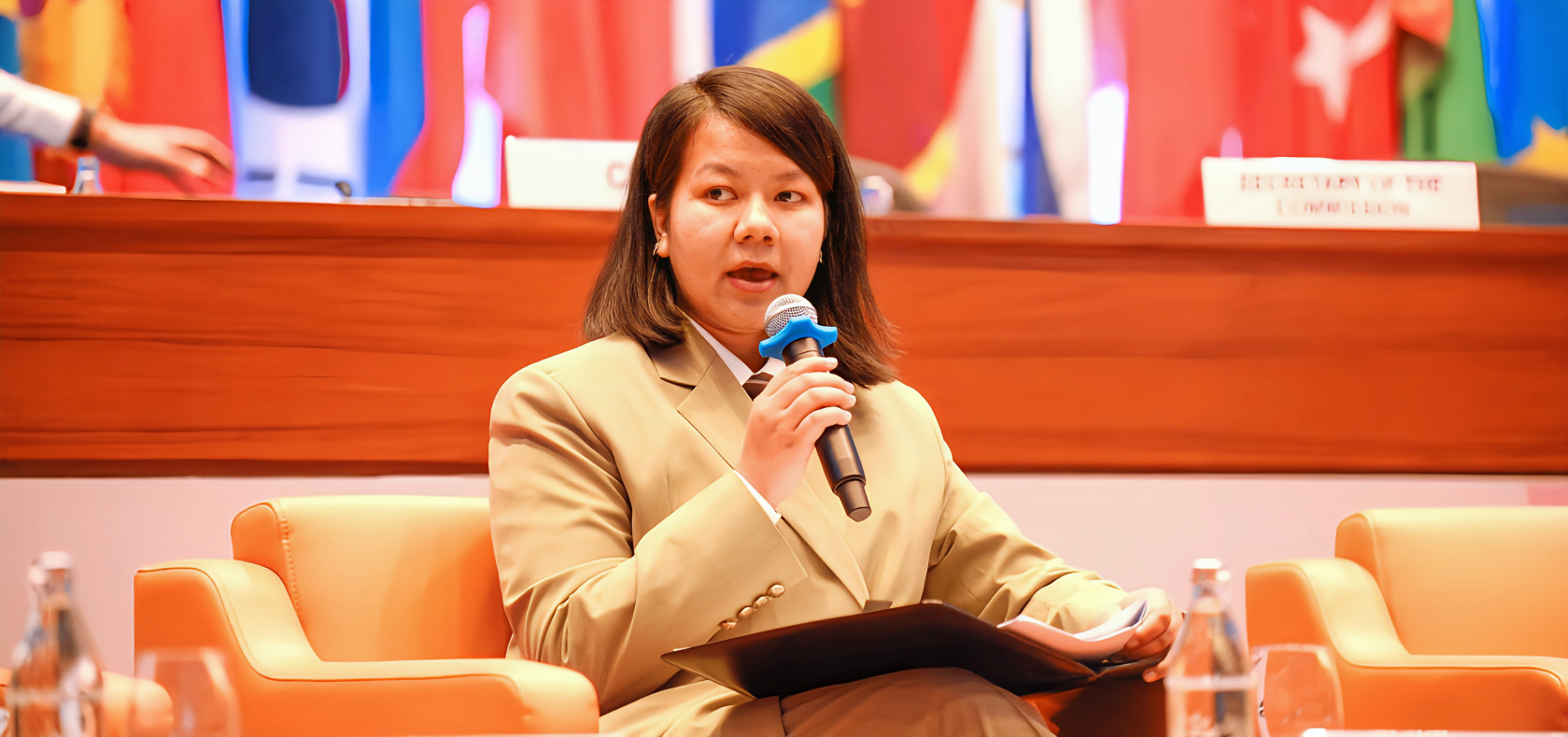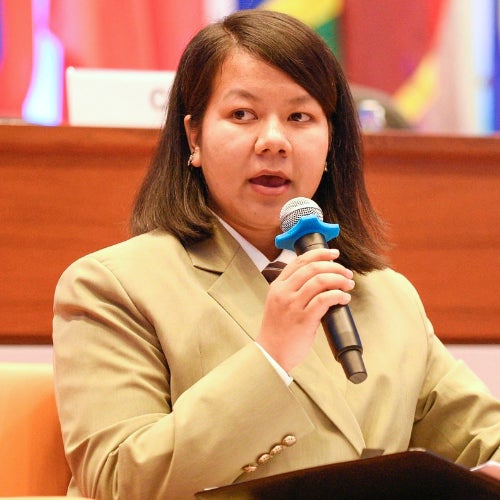Beijing+30 Youth Blog: Using a youth lens to address gender issues in the Asia-Pacific
Date:
Author: Sanjana Chhantyal

Young leaders bring unique perspectives that peel the layers off complex issues, shedding light on important themes that may be overlooked. Youths are the present; they have been leading solutions at grass-roots and global levels to support sustainable development. A youth lens can help identify gaps and unlock new opportunities, accelerating progress. Their experiences and expertise should be valued and integrated when designing solutions to gender issues.
The 1995 Beijing Declaration and Platform for Action made comprehensive commitments under 12 critical areas of concern to advance the rights of women and girls globally. To meaningfully integrate youths’ perspectives into the Beijing+30 review, institutions should:
- Create inclusive platforms where youths from diverse backgrounds can share their experiences and recommendations
- Change discriminatory practices and norms that undervalue the expertise of young leaders
- Conduct capacity-building workshops to ensure more youths can join and start Beijing+30 review discussions
- Elevate the stories and voices of young people
- Channel resources to foster and strengthen youth-led initiatives
During and beyond the Beijing+30 review, institutions should conduct comprehensive analysis of their policies and programmes to ensure a youth lens is integrated at all levels.
It is critical that young people are not viewed as beneficiaries but rather as important stakeholders and decision makers. A seat at the table is not meaningful if young leaders cannot influence or make decisions. Institutions must adopt practices that ensure young leaders have the power to lead change.
We cannot manage what we do not measure. Institutions must embed accountability and transparency in their practices by establishing metrics and mechanisms to measure the effectiveness of their youth engagement efforts. Young leaders must be part of the assessment process. Metrics should also track the channeling of resources to address youth and gender issues.
Institutions should launch collaborative initiatives that unite young people from diverse backgrounds, adopting an intersectional approach to ensure that a wide array of voices are not only heard but meaningfully integrated into the design of solutions.
Biography:

Sanjana Chhantyal, a Fulbright Scholar and Emory University MBA graduate from Nepal. She works to expand women’s and youths’ access to education, employment and entrepreneurship opportunities. At SDSN-Youth, a United Nations programme, she leads two global entrepreneurship accelerator programmes focused on the United Nations Sustainable Development Goals; these programmes have supported young entrepreneurs in over 50 countries. Chhantyal also founded the Next Steps Project and mentors students, especially young girls, in applying for scholarships.
